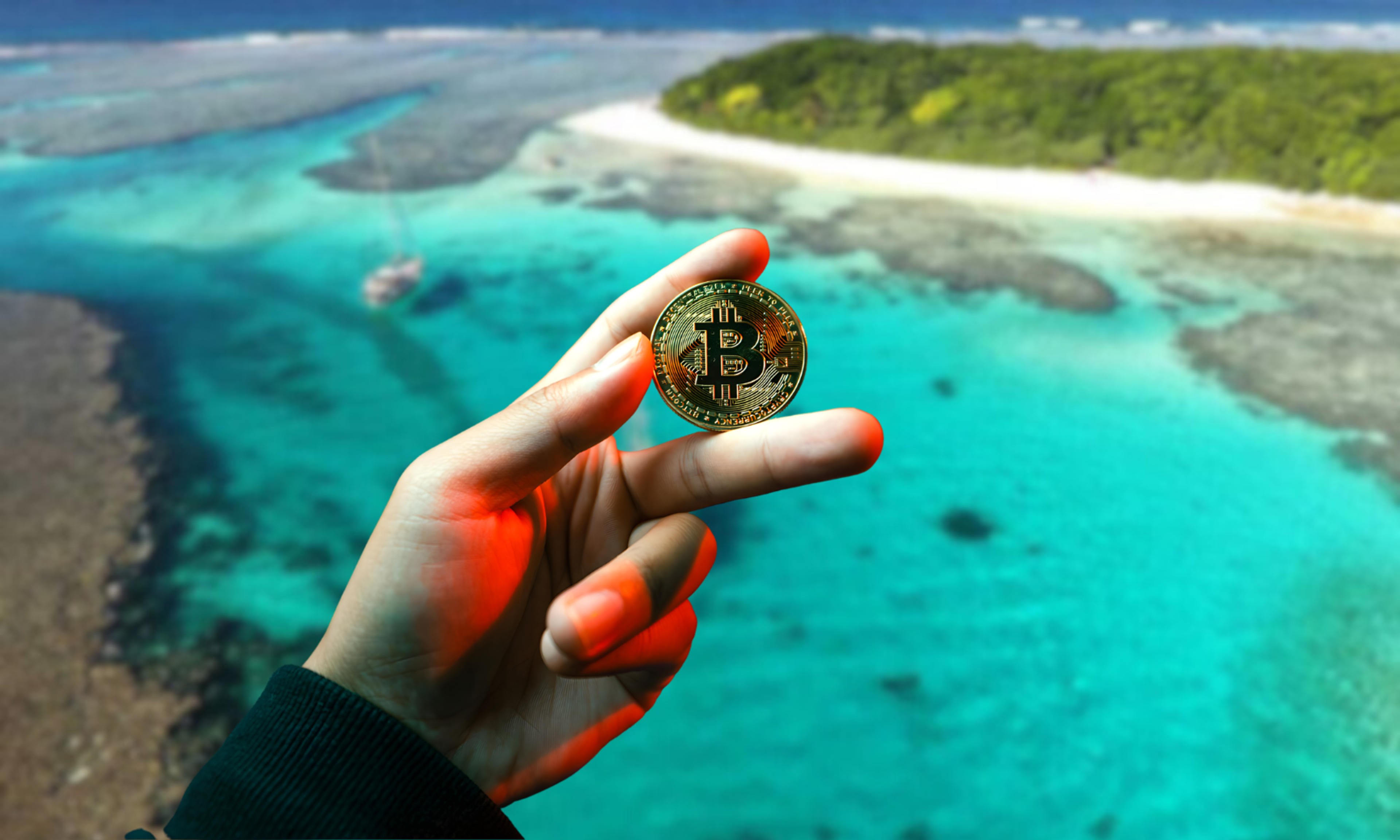
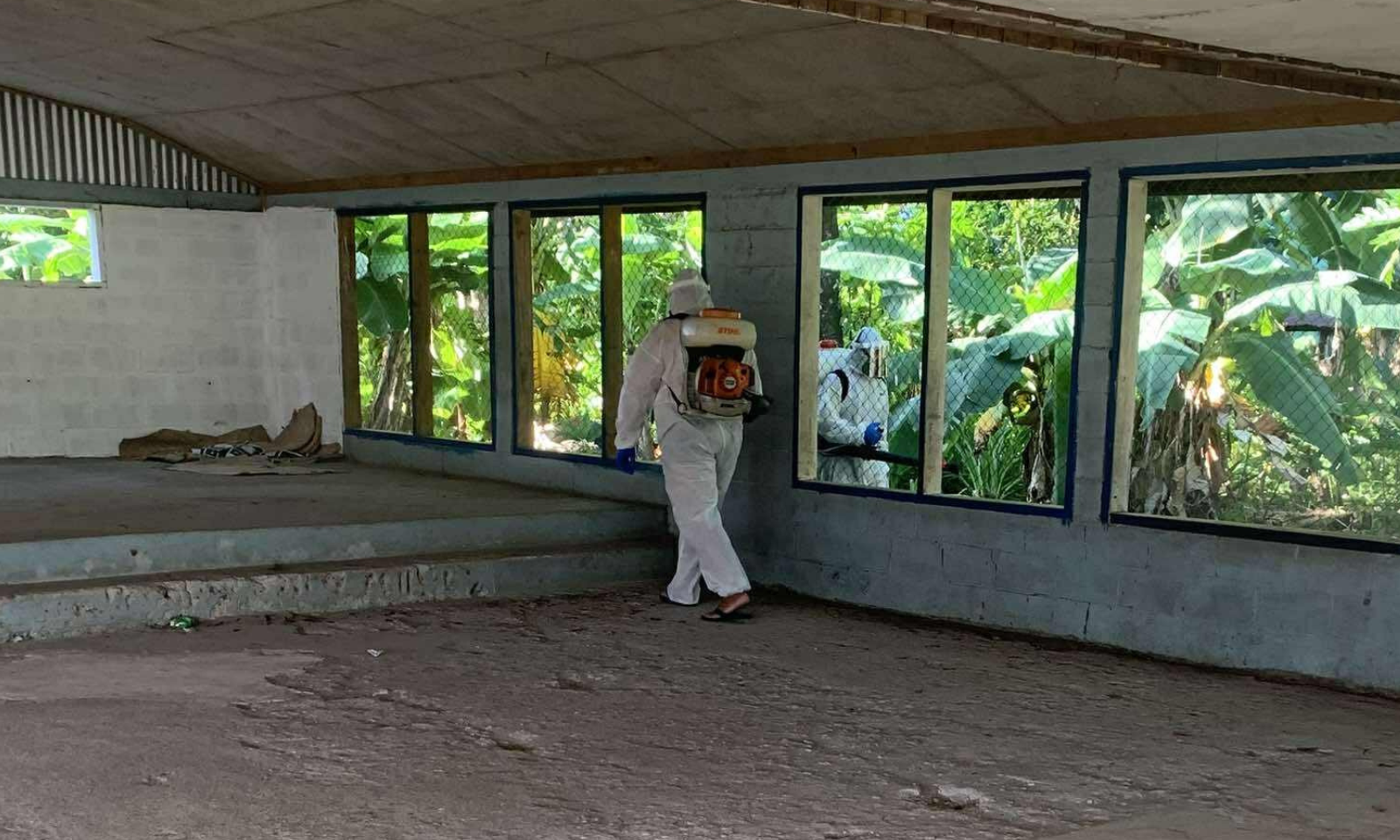
Fumigation of schools, homes and public areas are underway in response to the dengue outbreak.
Photo/Ministry of Health-Samoa
Sāmoa govt escalates dengue fever response amid soaring cases
With over 1700 confirmed infections and two child fatalities this year, a school closure and coordinated health campaign aim to combat the outbreak.

Pacific digital-finance push continues despite global crypto volatility
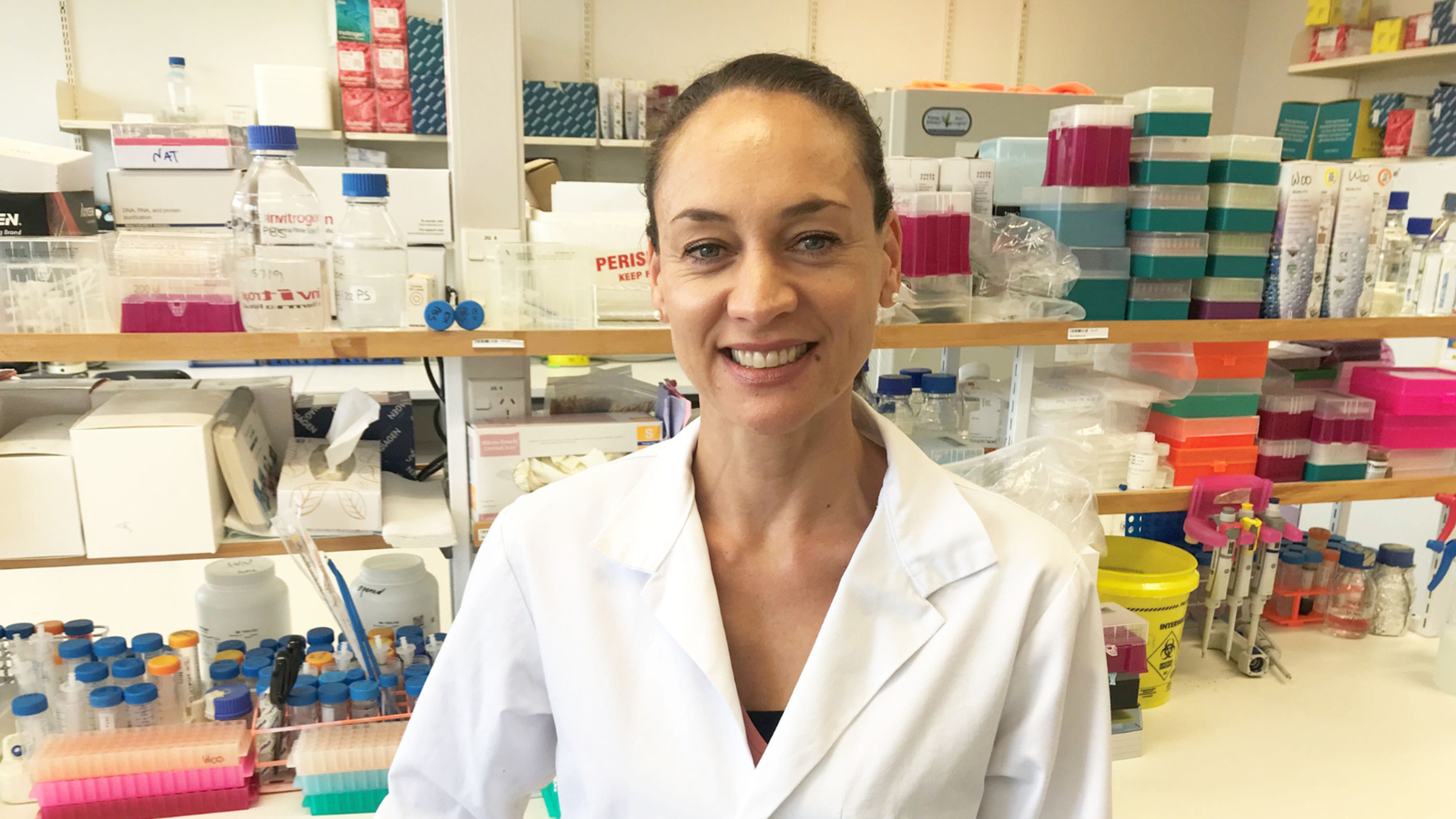
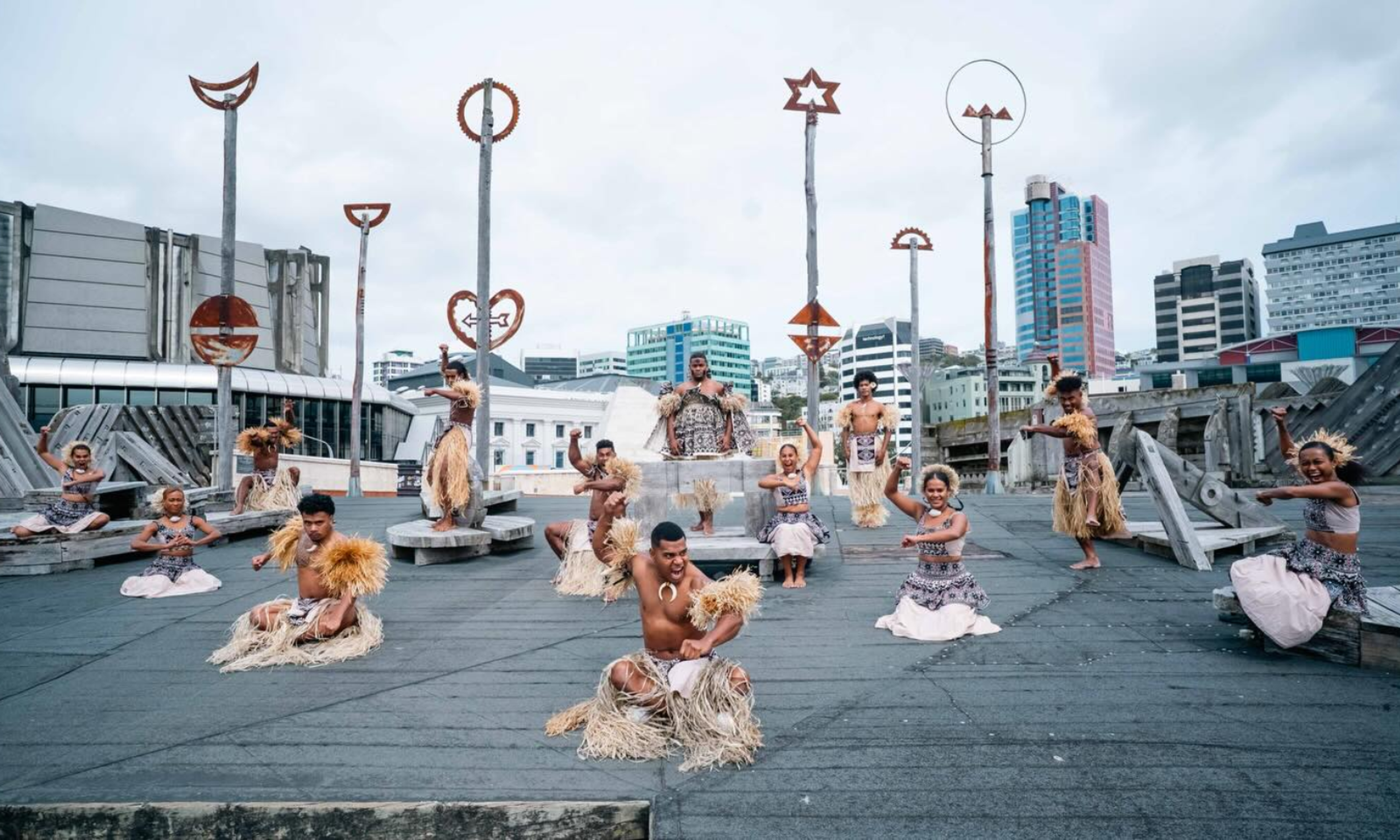

In response to an increase in Dengue Fever cases, the Sāmoan government is mobilising a coordinated national response three months after declaring a major outbreak.
This year, two children have died from dengue fever, and the average infection rate has reached 100 new cases per week since January.
The Ministry of Health is escalating its efforts by activating the National Emergency Operations Centre (NEOC) through a Cabinet decision.
In a statement, Acting Prime Minister Tuala Tevaga Iosefo Ponifasio confirmed the presence of two types of dengue virus - DENV-1 and DENV-2 - in the country, with a total of 1756 laboratory cases recorded this year. Almost 90 per cent of these cases are people under the age of 20.
“Children and young people remain the most affected, with severe illness predominantly observed in those under the age of 15,” Tuala says.
With paediatric units under considerable pressure and hospital admissions soaring, facilities have been forced to set up temporary wards to manage the influx.
Cabinet officials report that the most impacted regions are Northwest Upolu and the Apia Urban Area, which are home to over 100,000 residents.
Acting Director-General of Health, Tagaloa Dr Robert Thomsen, told Radio New Zealand (RNZ) on Wednesday that health workers have experienced a threefold increase in their workload over the last two weeks. As a result, the health service has extended the hours of its Outpatient Ward to operate 24 hours a day.
Following targeted school closures in Northwest Upolu this week, Cabinet has announced a nationwide closure for the week to allow fumigation programmes.
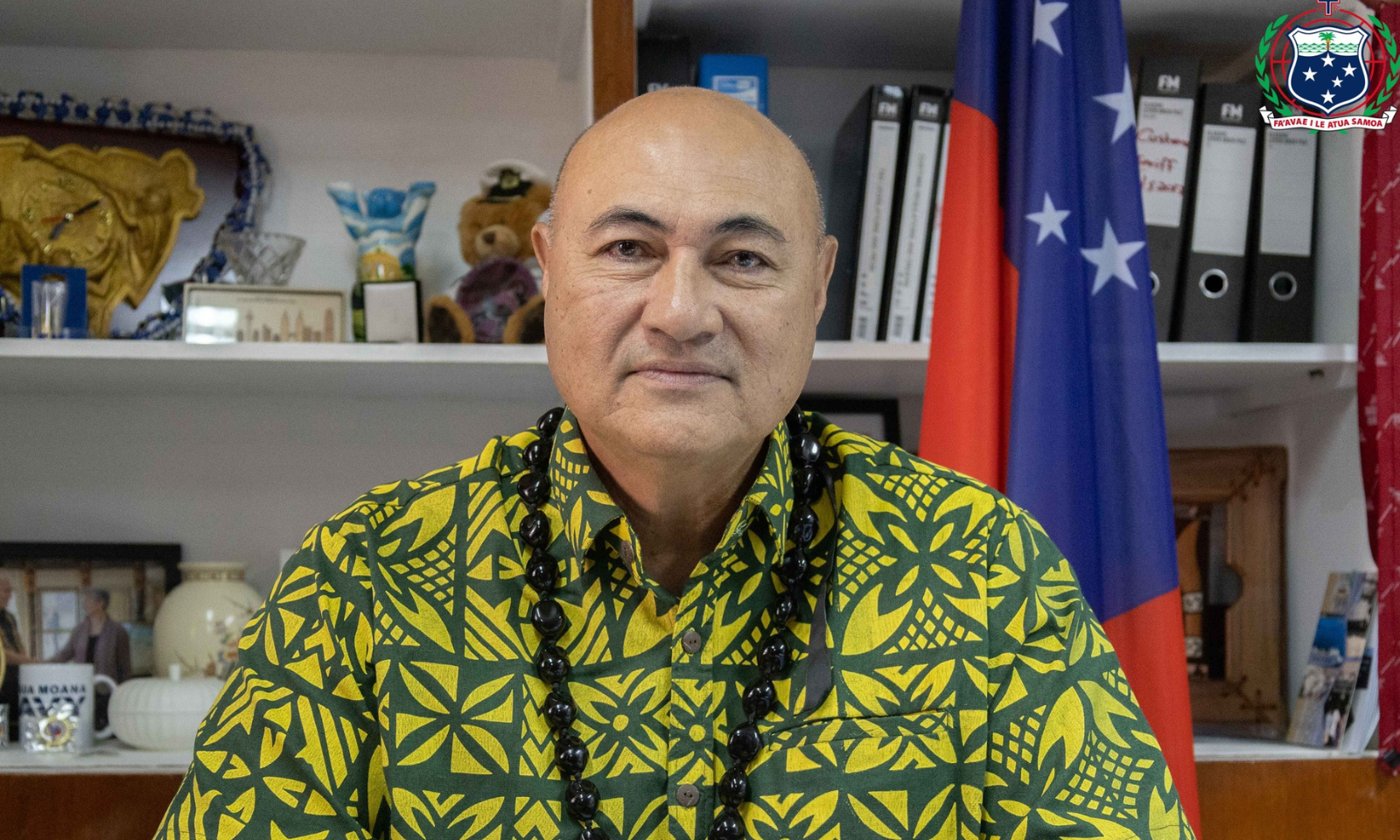
Tuala says government is ramping up efforts to stem the alarming rise in Dengue Fever cases.
A national clean-up campaign is also underway, accompanied by awareness campaigns both online and on the ground.
Dr Mark Jacobs from the World Health Organisation told RNZ that reinfection can lead to more severe illness.
“If somebody’s had dengue more than once… if they’ve had it with a couple of the different strains a few years apart, they’re the people most likely to get really, really, severely ill…”
As of now, the Pacific is facing nearly 19,000 suspected cases of dengue, marking the most significant surge in almost a decade.
The NEOC, usually activated during extreme weather events like tropical cyclones or other major emergencies, is now serving as a hub for national dengue response efforts.
The New Zealand Government has not issued a travel warning for Sāmoa.
Watch Samoa's Ministry of Health SITREP from May below.